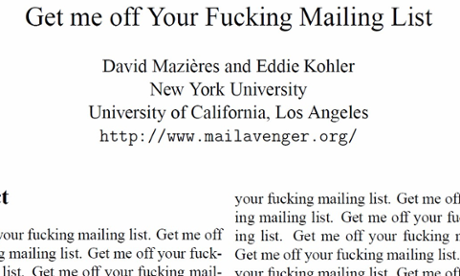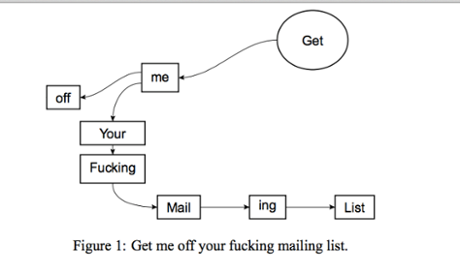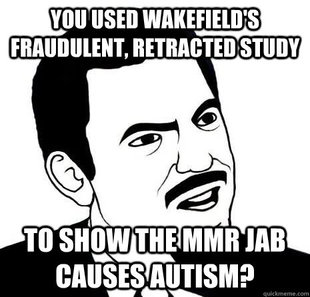Open source programme creators cater to the highest standards and give away their work for free, much like Ghalib who wrote not just for money but the discerning reader
Mirza Ghalib, the great poet of 19th century Delhi and one of the greatest poets in history, would have liked the idea of Open Source software. A couplet Mirza Ghalib wrote is indicative:
Bik jaate hain hum aap mata i sukhan ke saath
Lekin ayar i taba i kharidar dekh kar
(translated by Ralph Russell as:
I give my poetry away, and give myself along with it
But first I look for people who can value what I give).
Free versus proprietary
Ghalib’s sentiment of writing and giving away his verses reflects that of the Free and Open Source software (FOSS) movement, where thousands of programmers and volunteers write, edit, test and document software, which they then put out on the Internet for the whole world to use freely. FOSS software now dominates computing around the world. Most software now being used to run computing devices of different types — computers, servers, phones, chips in cameras or in cars, etc. — is either FOSS or created with FOSS. Software commonly sold in the market is referred to as proprietary software, in opposition to free and open source software, as it has restrictive licences that prohibit the user from seeing the source code and also distribute it freely. For instance, the Windows software sold by Microsoft corporation is proprietary in nature. The debate of FOSS versus proprietary software (dealing with issues such as which type is better, which is more secure, etc.) is by now quite old, and is not the argument of this article. What is important is that FOSS now constitutes a significant and dominant part of the entire software landscape.
The question many economists and others have pondered, and there are many special issues of academic journals dedicated to this question, is why software programmers and professionals, at the peak of their skills, write such high quality software and just give it away. They spend many hours working on very difficult and challenging problems, and when they find a solution, they eagerly distribute it freely over the Internet. Answers to why they do this range, broadly, in the vicinity of ascribing utility or material benefit that the programmers gain from this activity. Though these answers have been justified quite rigorously, they do not seem to address the core issue of free and open source software.
I find that the culture of poetry that thrived in the cultural renaissance of Delhi, at the time of Bahadur Shah Zafar, resembles the ethos of the open source movement and helps to answer why people write such excellent software, or poetry, and just give it away. Ghalib and his contemporaries strived to express sentiments, ideas and thoughts through perfect phrases. The placing of phrases and words within a couplet had to be exact, through a standard that was time-honoured and accepted. For example, the Urdu phrase ab thhe could express an entirely different meaning, when used in a context, from the phrase thhe ab, although, to an untrained ear they would appear the same. (Of course, poets in any era and writing in any language, also strove for the same perfection.)
Ghalib wrote his poetry for the discerning reader. His Persian poetry and prose is painstakingly created, has meticulous form and is written to the highest standards of those times. Though Ghalib did not have much respect for Urdu, the language of the population of Delhi, his Urdu ghazals too share the precision in language and form characteristic of his style. FOSS programmers also create software for the discerning user, of a very high quality, written in a style that caters to the highest standards of the profession. Since the source code of FOSS is readily available, unlike that for proprietary software, it is severely scrutinised by peers, and there is a redoubled effort on the part of the authors to create the highest quality.
Source material
Ghalib’s poetry, particularly his ghazals, have become the source materials for many others to base their own poetry. For example, Ghalib’s couplet Jii dhoondhta hai phir wohi ... (which is part of a ghazal) was adapted by Gulzar as Dil dhoondhta hai phir wohi..., with many additional couplets, as a beautiful song in the film Mausam. It was quite common in the days of the Emperor to announce azameen, a common metre and rhyming structure, that would then be used by many poets to compose their ghazals and orate them at a mushaira (public recitation of poetry). FOSS creators invariably extend and build upon FOSS that is already available. The legendary Richard Stallman, who founded the Free software movement, created a set of software tools and utilities that formed the basis of the revolution to follow. Millions of lines of code have been written based on this first set of free tools, they formed the zameen for what was to follow. Many programmers often fork a particular software, as Gulzar did with the couplet, and create new and innovative features. (Editor's note - Newton stated the same principle on his discoveries when he said, "If I have seen further it is by standing on the shoulders of giants".)
Ghalib freely reviewed and critiqued poetry written by his friends and acquaintances. He sought review and criticism for his own work, although, it must be said, he granted few to be his equal in this art (much like the best FOSS programmers!). He was meticulous in providing reviews to his shagirds(apprentices) and tried to respond to them in two days, in which time he would carefully read everything and mark corrections on the paper. He sometimes complained about not having enough space on the page to mark his annotations. The FOSS software movement too has a strong culture of peer review and evaluation. Source code is reviewed and tested, and programmers make it a point to test and comment on code sent to them. Free software sites, such as Sourceforge.org, have elaborate mechanisms to help reviewers provide feedback, make bug reports and request features. The community thrives on timely and efficient reviews, and frequent releases of code.
Ghalib was an aristocrat who was brought up in the culture of poetry and music. He wrote poetry as it was his passion, and he wanted to create perfect form and structure, better than anyone had done before him. He did not directly write for money or compensation (and, in fact, spent most of his life rooting around for money, as he lived well beyond his means), but made it known to kings and nawabs that they could appoint him as a court poet with a generous stipend, and some did. In his later years, after the sacking of Delhi in 1857, he lamented that there was none left who could appreciate his work.
However, he was confident of his legacy, as he states in a couplet: “My poetry will win the world’s acclaim when I am gone.” FOSS creators too write for the passion and pleasure of writing great software and be acknowledged as great programmers, than for money alone. The lure of money cannot explain why an operating system like Linux, which would cost about $100 million to create if done by professional programmers, is created by hundreds of programmers around the world through thousands of hours of labour and kept out on the Internet for anyone to download and use for free. The urge to create such high quality software is derived from the passion to create perfect form and structure. A passion that Ghalib shared.
(Rahul De' is Hewlett-Packard Chair Professor of Information Systems at IIM, Bangalore)





